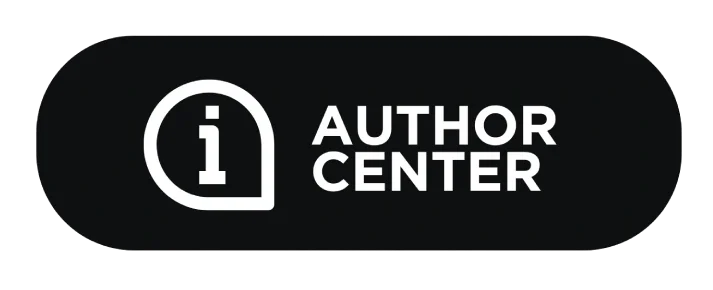In a global landscape marked by profound social, technological, and ecological transformations, critical reflection on the foundations of knowledge has become indispensable. Scientific production can no longer be understood as a neutral process, nor as one devoid of normative implications: every theory implies a specific way of relating to the world, just as every methodology configures what can be observed, understood, or excluded. In this context, it is urgent to question the philosophical, epistemological, and ethical assumptions that underpin our research practices.
This thematic area calls for investigations that explore new ways of conceptualizing theory, knowledge validation, and methodological design through critical, interdisciplinary perspectives open to the plurality of knowledge systems. We especially encourage work that challenges the limits of the modern scientific paradigm—with its emphasis on objectivity, neutrality, and universality—and proposes alternatives that recognize the historical, situated, and relational character of knowledge. Here, epistemology is not treated as an abstract reflection but as a key tool for rethinking how we produce, value, and disseminate knowledge in societies shaped by deep cognitive and cultural inequalities.
In this regard, special relevance is given to proposals that promote open science, collaborative knowledge production, and participatory methodologies, understood as strategies for democratizing research and expanding access to knowledge. Data openness, transparency in scientific processes, and collaboration across disciplines and social actors should not be seen merely as technical innovations, but rather as expressions of an ethical commitment to equity, critical deliberation, and public responsibility.
This line of inquiry also invites us to reconsider the very notion of method in light of its ability to respond to diverse, complex, and dynamic social contexts. This involves moving beyond closed or standardized approaches and advancing flexible methodologies that integrate multiple traditions—qualitative, quantitative, mixed, or experimental—while recognizing the epistemic agency of historically marginalized actors. Methodology, in this sense, becomes a space for creativity, negotiation, and ongoing reflexivity.
Among others, we propose the following guiding questions:
1. What epistemological frameworks allow us to conceive of knowledge as a situated, relational, and socially engaged practice?
2. How can we design methodologies that actively incorporate social actors in the definition of problems, data production, and validation of results?
3. In what ways are the principles of open science, transparency, and interdisciplinary cooperation reshaping traditional models of scientific production?
4. What theoretical approaches can help articulate cognitive justice, knowledge pluralism, and research responsibility in highly complex contexts?
5. How can critical methodologies contribute to dismantling knowledge hierarchies and promoting more inclusive forms of inquiry that expand the horizon of the possible?
From this perspective, TH+In invites submissions that question the foundations of contemporary scientific knowledge, propose innovative theoretical and methodological approaches, and contribute to the development of a more reflective, inclusive, and transformative science. Rather than conceiving theory and methodology as mere tools, this line proposes to understand them as contested terrains where the very meaning of knowledge and its role in shaping more just futures are at stake.




